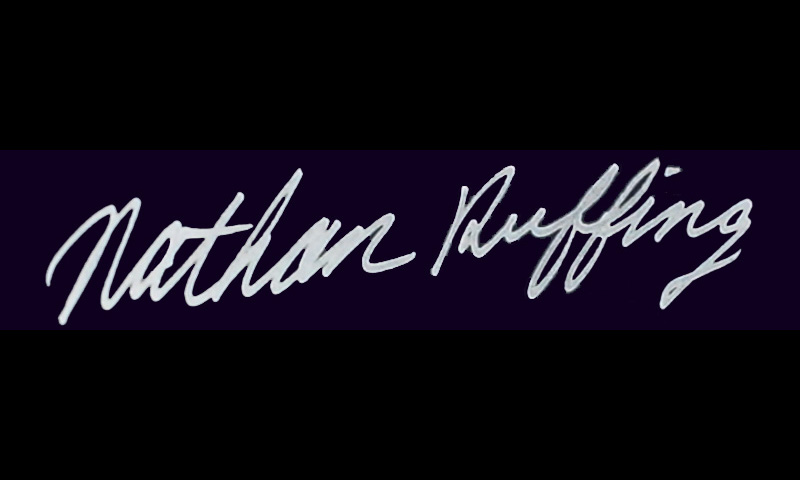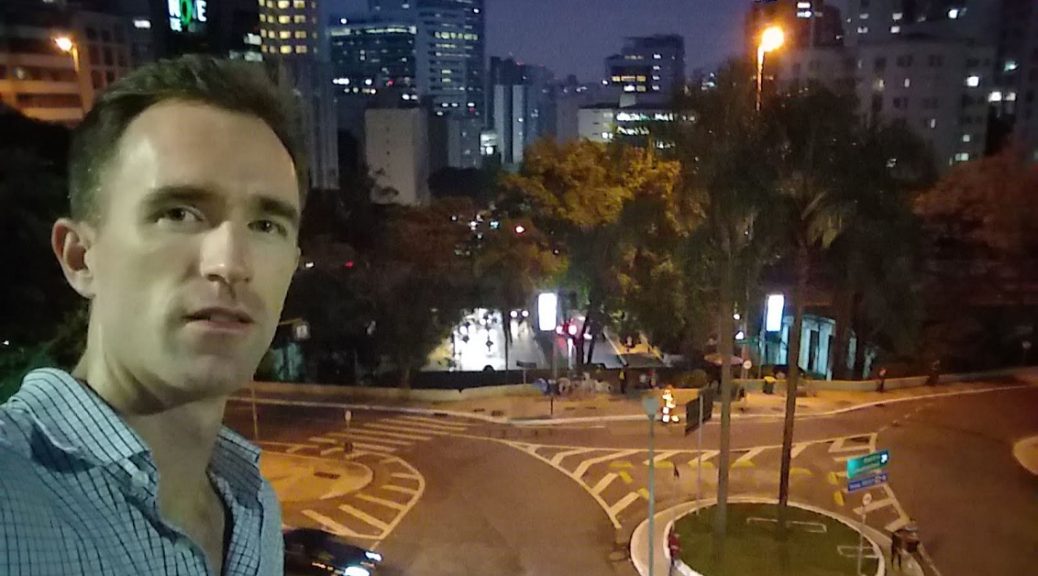By Graeme Harris, Retired English Oil Businessman, English Teacher, Part-Time Resident of Brazil
See links below for a more positive outlook.
Nate,
A quick synopsis of my views.
Brazil Annual Growth Rates
1951‐1966: 6.3%
1967‐1979: 8.9%
1980‐2008: 2.5%
Since 2008: about 2% average but peaked at 8% in 2010
2016/17: Recession
Now – pootling along at about 1%
To understand Brazil’s economy you have to look at its history as many of today’s structural problems are long-standing.
Up until the war it was a largely agricultural country but with fast growing population (ergo domestic market) and some fine natural resources – by then they hadn’t got oil but they historically had coffee, agri products, think steel was starting around then – basically commodities, they had great fundamentals.
After the war the West was in free-trade heaven, I mean economies booming, tariffs reducing, rebuilding (largely on US money). So, what did Brazil do? PROTECTIONISM. Big time. Got away with it too, you could say. From about 1950 they had this policy of import substitution. Massive tariffs of 30%+ on imported goods, exchange controls etc. This worked pretty well for them at the time, as through the 50’s 60’s and 70’s they had some massive growth rates. Of course, they had some pretty big lurches, e.g. the oil shock of the 70’s, as you can’t really control exchange rates very well. But this was like their industrial revolution. By the early 80’s they actually had some domestic industry and a positive balance of payments. Most of that period was under dictatorship but the economy was growing …Yey!
Unfortunately this all turned to crap in the 80’s. This was when hyper-inflation struck and people were jumping off cliffs. Not exactly sure what happened – maybe just democracy??- but a combination of factors – global slow down leading to low foreign direct investment, inability to control exchange rates, sharp steepening in income distribution – i.e. Brazil has always failed to create a middle class. It was then and remains now rich or poor without much in between. with one of the steepest wealth curves in the world (trickle down doesn’t work). Series of pretty terrible governments, corrupto’s – you know the story. Plus I think, the public sector bureaucracy was starting to get out of hand. Meanwhile, although they tried to reduce import tariffs in the 90’s, they stayed way too high and basically ploughed on with their protectionism, way beyond its initial effectiveness.
In fact, I think we also went through the experience of excess in the 50’s-60’s. Ours (UK) went sour in the 70’s. The excesses of socialism if you like (although Brazil wasn’t socialist), but we had Margaret Thatcher in the 80’s who re-instated market disciplines – budget control, flexibilisation of labour (i.e. crush the unions), privatisation. Although I am not a “Thatcherite” I accept that this purge was necessary. We had basically gone overboard with the welfare state and let it get out of control.
Well, Brazil did something similar – but without actually creating a welfare state and without being socialist really. They had too much state control of markets, too much protectionism, too many rules, too much bureaucracy. BUT somehow failed to create what I would call an effective welfare state – i.e. no comprehensive healthcare, housing, education for the population as a whole, that would have helped them now.
This remains their problem now. They have had flashes of hope – early 2000’s Henrique Cardoso was getting more of a grip on things. The economy was going again. But then Lula got in. He actually rode a boom (kinda boom but not on level of the 60/70’s) but this was really mainly commodities prices globally – steel, soy, oil, rather than any domestic policy of his. In fact under his presidency, govt grew ever more rapidly, as did budgets, as did institutionalised corruption. He was really rather lucky that commodity prices were booming and saved the economy….. about the only good thing he did was introduce some welfare programs such as vive mas por menos, min wage, bolsa familia, social housing. All necessary, but his management of the economy and the political machinery was woeful.
Sooo, where now. The badly needed corrections are sadly long overdue. Brazil has allowed all of the above to get worse, so it now suffers from:
- Too much government – simply too many people involved with way too good a package of bens – pensions, salaries, perks, everything. It is all just unaffordable.
- Huge uncontrolled corruption on an institutional scale – i.e. amongst the political and business elite just robbing their way to oblivion.
- Massive discrepancy between rich and poor and poorly-developed middle class – this impedes economic growth as you need this as a demand base for goods.
- No social services or welfare to speak of. This matters. Brazil, along with many other places is proof that wealth does not trickle down. Brazil has its wealthy but its social infrastructure is shamefully impoverished.
- The hangover from past protectionism – import duties are some of the worst in the world. this protects inefficient, poor quality local producers and perpetuates a situation of low productivity. It also perpetuates a low productivity culture – people work very long hours but do very little. It’s grossly inefficient but a product of “the system” that is broken.
- Too many restrictive rules for everything – labour in particular but also regulation and imports. Again impacting negatively on productivity and a labyrinth of hugely complex indirect taxes and local content rules. All of this makes setting up business very difficult and foreign investment very unattractive.
Did I miss anything? Probably. Anyway that’s enough.
What’s the future?
Well, Brazil went into recession in 2016 and is still in low growth doldrums. Bolsonaro is an idiot. He really has no vision – or not one that is going to help the country. There are some in his government that want to use the Bolso “opportunity” to carry out reforms but because Bolso is so incompetent (by which I mean that he simply does not do the job of persuading the Camara and the population of the need for reform, rather he blathers a load of besteira on social media to his followers – rather like the Donald). This really has created a policy stagnation. It has taken them this long to pass a kinda halfway house pensions reform – sadly needed probably 30 years ago – and tinkered at the edges of a trade policy. Meanwhile, Bolso is courting the US at the expense of China – which is in fact a larger market for Brazil’s products and more than likely large investor.
Unfortunately, it is all foolish incompetence. Now you can say that this same incompetence is encompassing the whole world at the moment. This is true but that doesn’t help Brazil any.
Brazil will/is being hit by Trump’s trade war with China and China’s slowing in growth. It is hurt by the strong dollar and, although commodity prices have recovered a little since their lows a few years ago when recession hit, they are hardly booming. Added to all this, there is a prospect of recession hitting the US at some point in the not too distant.
Without the fundamental reforms mentioned – at least some of them would be good – Brazil will not create what it really should have created already – i.e. a sustainable domestic economy. It will still be dependent on commodity exports to rescue it. I don’t see these reforms really happening any time soon. Its best hope in this hugely sub-optimal situation is a commodities boom to lift export earning – i.e. export led growth. The global market is unfortunately working against that too.
Don’t get me wrong, Brazil has strengths despite this – i.e. youthful population. Quite techy switched on. Natural resources in abundance. But …..short run….hmmm. Think more of the same is in order…. of course I hope otherwise as I am invested there but think we need to get clear of this period of political mumbo jumbo before we can move forward.
Hey man, as you know, I love Brazil and I hope this changes but I see some of these analyst views predicting recovery and think where from? Have you ever been there?
Other Points of View
TMF Group is an international business services company with a large presence in Brazil. These two articles are related:



